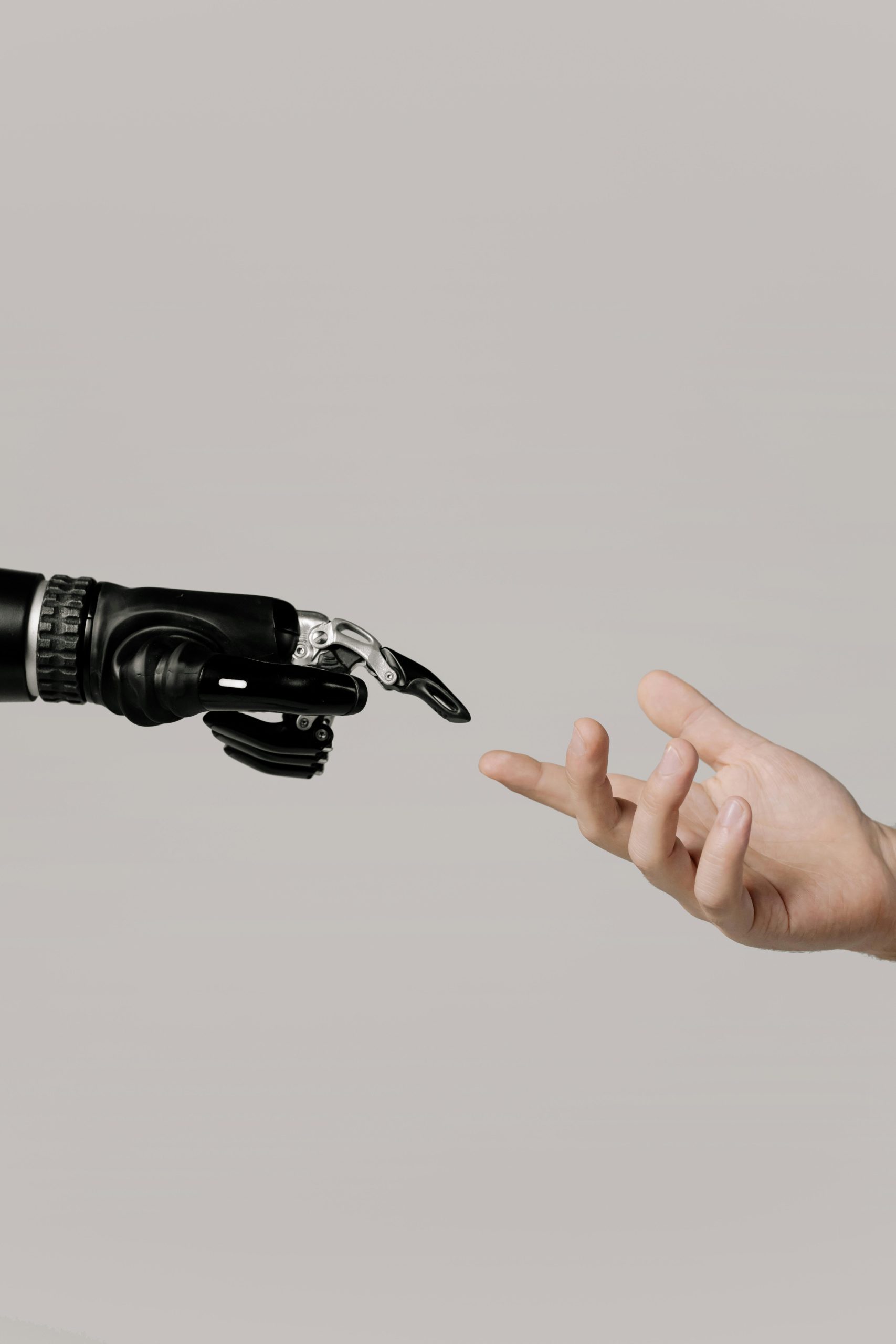Legal Battles Erupt as Disney and Universal Challenge Midjourney’s Boundaries
The Recent Lawsuit Against Midjourney: A Critical Look at AI and Creativity
In a significant development within the entertainment and technology sectors, Disney and Universal have taken legal action against Midjourney, an artificial intelligence image generator. The industry giants have characterized the platform as “a bottomless pit of plagiarism,” sparking a heated debate about the boundaries of creativity in an age dominated by AI.
The crux of the lawsuit revolves around allegations that Midjourney has utilized Disney and Universal’s extensive creative libraries to train its models, subsequently generating and distributing countless renditions of iconic characters such as Darth Vader, Elsa, and the Minions—all without securing the necessary permissions. This case raises important questions about intellectual property rights and the evolution of authorship in the digital landscape.
As AI technology continues to advance, the implications for artists, creators, and industries reliant on original content are becoming increasingly complex. While the potential for leveraging AI in the creative process is vast, it also forces us to confront uncomfortable truths about ownership and value in our work.
This lawsuit serves as a reminder of the fine line that exists between inspiration and imitation. At what juncture does employing AI transition from being a beneficial tool to undermining the very foundation of creative expression? As we navigate these uncharted waters, it becomes paramount to reflect on what truly belongs to us as creators and how we can safeguard our contributions in an era where technology is rapidly changing the rules of the game.
The outcome of this legal battle may very well set a precedent for the future of AI in creative industries. It’s a pivotal moment to consider the implications of artificial intelligence not just for companies, but for all individuals who label themselves as creators.














Post Comment